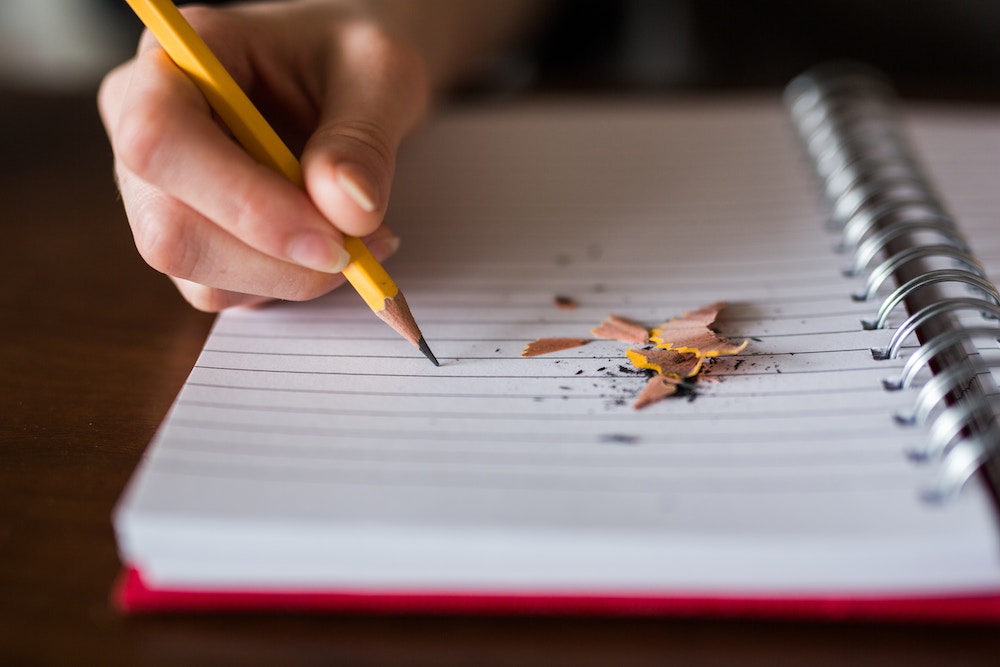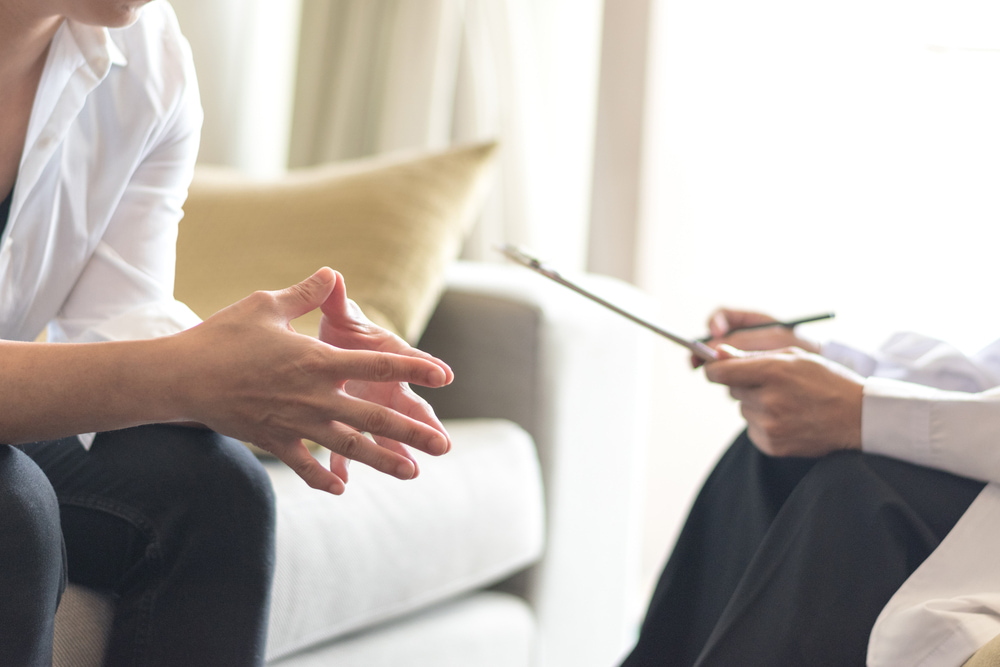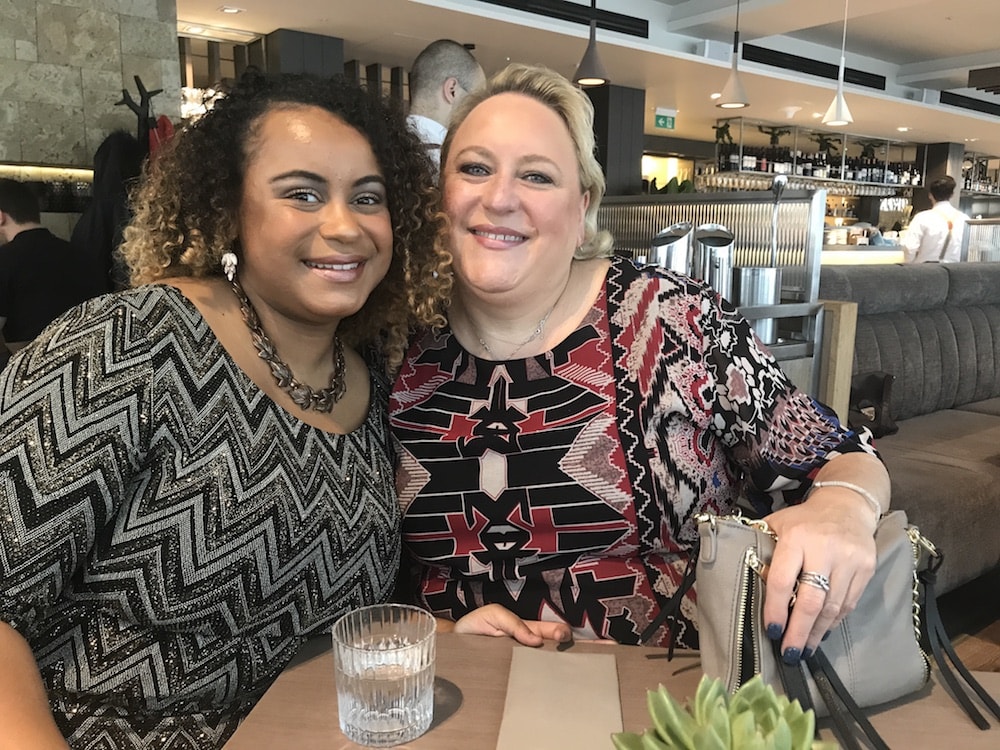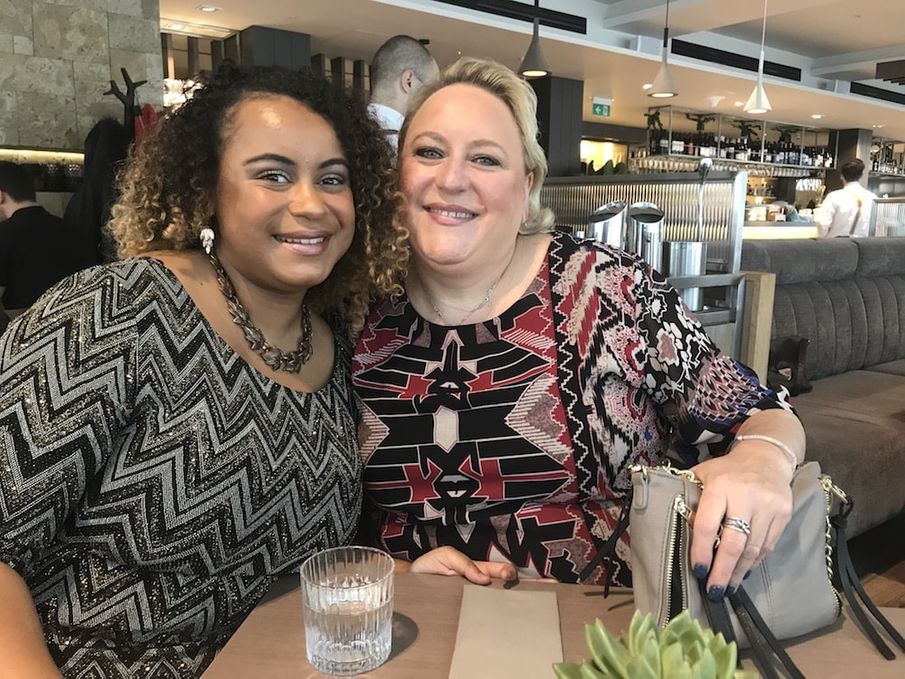Growing up with ME, depression, anxiety and borderline personality disorder was incredibly difficult for Georgia Dodsworth, but she found positivity in her experiences by starting a self-care movement
Until the age of 12, I was a happy child – energetic, enthusiastic and curious about the world around me. I had lots of hobbies from dancing and swimming, to music lessons. But, I struggled with change.

Change made me feel anxious; unsure of who I was and who I could trust. I had mild attachment issues, which stemmed from my father leaving when I was two. When I started puberty, a lot of change took place. I started at secondary school, had new friendship groups, and I stopped dance, swimming and music.
From the beginning of secondary school, I hated it.
The evenings after school would go so fast, and I would anxiously count down the hours before I had to go back. I would get angry at the smallest things – if I couldn’t find a certain set of pyjamas I would have a meltdown, smash everything in my bedroom, and sit and cry. When I made it to school, I would give excuses to leave early, but luckily my mum could see there was something deeper going on. She took me to my GP and he referred me to the NHS’s Child and Adolescent Mental Health Services (CAMHS).
I felt very confused during my initial appointment, asking: “Why do I have to talk to a stranger about my emotions?” I felt ashamed about going to CAMHS once a week because none of my friends did. I wondered why I couldn’t be like them instead?
But the fact was, I didn’t feel “normal” in myself and in society. I felt different. I felt painful and numb at the same time.
Having ME made my mental health symptoms worse, and my mental health made my ME worse
After five sessions, the psychiatrist asked my mum and me to come into the appointment room together. It was then, just after my 14th birthday, I was diagnosed with anxiety and depression, caused by adolescence. I left the appointment feeling strange and empty. Rather than being comforted by my diagnoses, I felt blind and confused. I didn’t even know what anxiety and depression were.
After 10 psychotherapy sessions, my therapist suggested I should try medication – an SRI antidepressant called fluoxetine. At first, the medication didn’t help, and for the next few years I was back and forth to the GP, CAMHS and hospital. I was experiencing exhaustion more and more, feeling heavy like I was wading through golden syrup. There were times where I physically couldn’t get out of bed, and after more tests, I was diagnosed with Myalgic Encephalopathy (ME).

Having ME made my mental health symptoms worse, and my mental health made my ME worse. It was an ongoing cycle. Bit by bit, I gradually started to cut myself off from the world.
Around the time of the diagnoses, I started having suicidal and self-harming thoughts.
I was hardly going to school, and eventually it was decided that I should receive home tutoring. This helped, but it didn’t make the problem go away.
The first time I overdosed on fluoxetine was because I wanted people to hear me. I remember seeing my mum’s face when I told her what I’d done. She looked worried and scared, and deep down, I was too.
Reflecting now, I overdosed because I felt unsupported and unheard. I thought if I took an overdose, people would start to take me more seriously. However, at the time, I couldn’t articulate this and, unfortunately, I took three more overdoses between the ages of 14 and 17.
Self-care is unique to everybody, as it’s about tuning in to what you need – not what society is telling you.
Looking back, I can see that the only light in my life was attending weekly children’s theatre sessions at the Chickenshed Theatre Company – a theatre company that work to individual’s strengths, finding the creative environment that enables them to flourish. I felt accepted and could express myself without being judged. Chickenshed was my safe space for me to just be me.
Things started to look up. The medication was beginning to help, along with the combination of therapy and being away from the pressure of school. Over time, I started to know myself – and my limits. I was learning to look after myself before I’d even heard the term “self-care”.
Life suddenly took a whole new turn. At 18 years old, I got a place at the Guildhall School of Music and Drama and left CAMHS, which was scary but I felt ready.

Georgia Dodsworth and her mum
My mental health journey wasn’t over though. As an adult, the mental health services are very different – there’s a lot less funding. Last year I received a diagnosis of borderline personality disorder. In the two years I’ve been at university, I constantly need to care for my mental health, which is a huge learning process for me. I still get suicidal thoughts, however now I know how to manage them. I’m learning how to mother myself, to truly think about what I need to stay well, both physically and mentally.
This is why self-care is so important to me, and has become a massive part of my everyday routine. It’s about taking the time out to make small actions that benefit your mind, body, and soul. Self-care is unique to everybody, as it’s about tuning in to what you need – not what society is telling you. Practising self-care is a challenge, but over time it does become a habit.
Witnessing the effects of self-care first-hand has inspired me to start a movement: World of Self-Care – a platform exploring self-care, self-love and mental wellbeing through art-based workshops and discussions. The response has been overwhelming, and I hope that one day I can go into schools and educate teachers and students on mental health and the importance of self-care.
I now share my story to encourage people to start talking about mental health, and to raise awareness of how powerful self-care is when part of our routines. Everyone has mental health, everyone has emotions, so let’s ask ourselves how we feel, let’s ask others, and let’s start talking.
Georgia’s experience highlights the importance of really listening to people and making sure they feel heard. Accepting and not judging symptoms like self-harming is crucial in supporting those with mental illness. As Georgia notes, self-care is essential for us all, and each person has their own unique needs. Having permission to be who we are is crucial to strong mental health, and the person we most need it from is ourself.


Comments